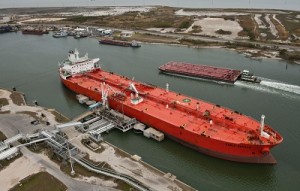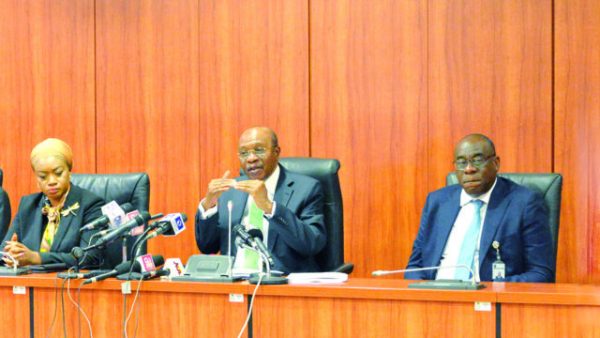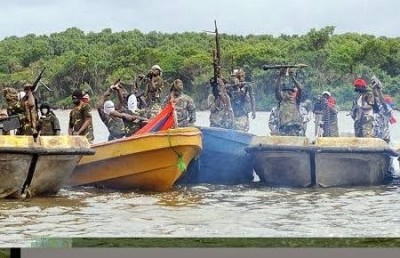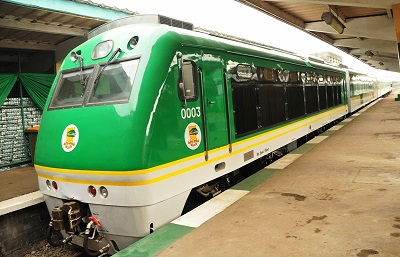Mid-Stream Discharge: How Ship-to-Ship Transfer Aided Oil Subsidy Scandal

Midstream discharge can be described as the loading and off-loading of shipping cargo offshore as opposed to the ports. Over the years, the increase in mid-stream activities in Nigeria had resulted to increase in sea pirates and other illegal vices as these activities are usually done on the high sea where there is limited access to agencies of government and the general public.
As a result of the huge profit derived from illicit midstream activities, the anomaly has proved a tough nut to crack for the federal government as well as maritime agencies and stakeholders. The increase in these illicit activities has ensured that Nigerian waters remain on the “war risk zone” by the Joint War Committee of Llyod’s London and consequently, several foreign vessels have been refused to venture into the Nigerian waters. The reason is that they would have to pay “extra war risk insurance” which cost over $15,000 per day.
The deception and massive loot that has transpired in the last few years during the oil subsidy saga can be traced to the mid-stream problems facing Nigeria, yet one has to wonder why the federal government of Nigeria has not made efforts to ensure these teething maritime problems are resolved to get Nigerian waters off the “war, piracy, terrorism and related perils” list of the Joint War Committee.
The fact that the tankers which were to supply petrol from foreign countries could not come into our ports meant that they had to do ship-to-ship transfer at neighbouring “non war-risk” waters. Oil marketers were to send vessels to these countries to do the transfers and this provided a great platform to falsify documents and make compromise in terms of quantity loaded and quantity discharged.
If those mother vessels were made to discharge at the Lagos ports, if would have guaranteed a more robust examination of the process and it would have provided jobs for Nigerians in terms of companies and individuals.
Recently, the President of Nigerian Content Consultative Forum, Mr. Mina Oforiokuma stated that over 95% of the mother vessels in Lome waters were destined for Nigeria and he lamented that the federal government was doing nothing to change the status quo.
The Nigerian National Petroleum Corporation (NNPC) should also brace up to its responsibility and take a cue from its counterparts in Brazil (Petrobras) and Malaysia (Petronas). These are national oil corporations that were on the same level with NNPC few decades ago. However, Petrobras owns over 80 vessels and Petronas has acquired over 100 vessels meanwhile, Nigeria still hopes for a national carrier.
It has become an open secret that more than 90% of the mother vessels in Lome are destined for the Federal Republic of Nigeria, yet our laws and ignorance about the need to move out of the war risk zone continues to move the traffic and business to neighbouring shores.
The business of mid-stream cargo discharge particularly that of oil and gas, has also been enhanced by the continued presence of unregistered vessels or vessels that are not captured by the data collection system of maritime authorities in Nigeria.
As a nation that intends to hold sway as the hub of maritime in the West and Central Africa, a lot have to be put in place. It will be wise for Nigeria to start by straying off the “war risk zone” in maritime.
By Kenneth Jukpor








